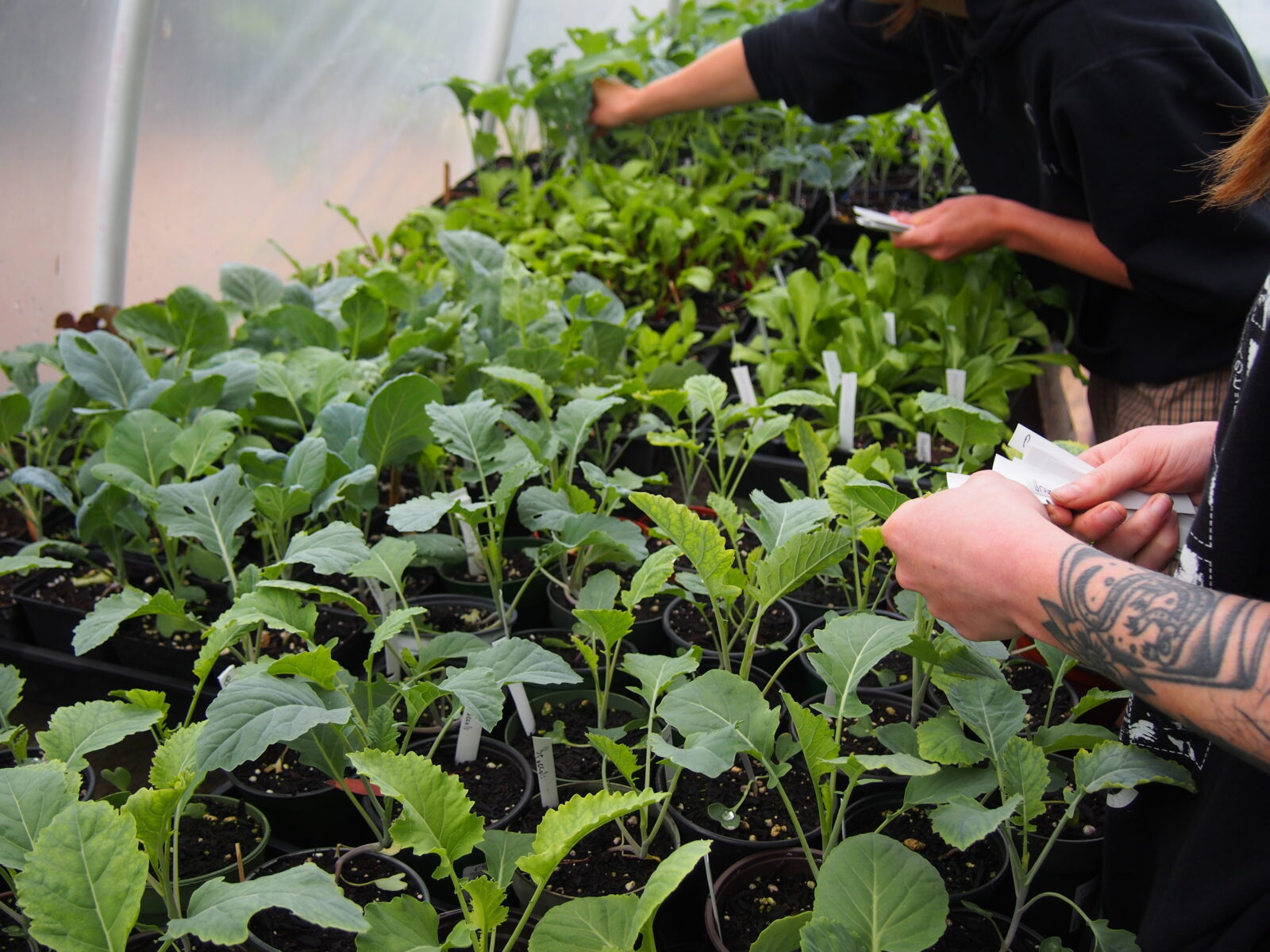
RESOURCES
Factsheets
Curious about composting or organic food growing methods? We’ve got factsheets to cover all of your bases!
-
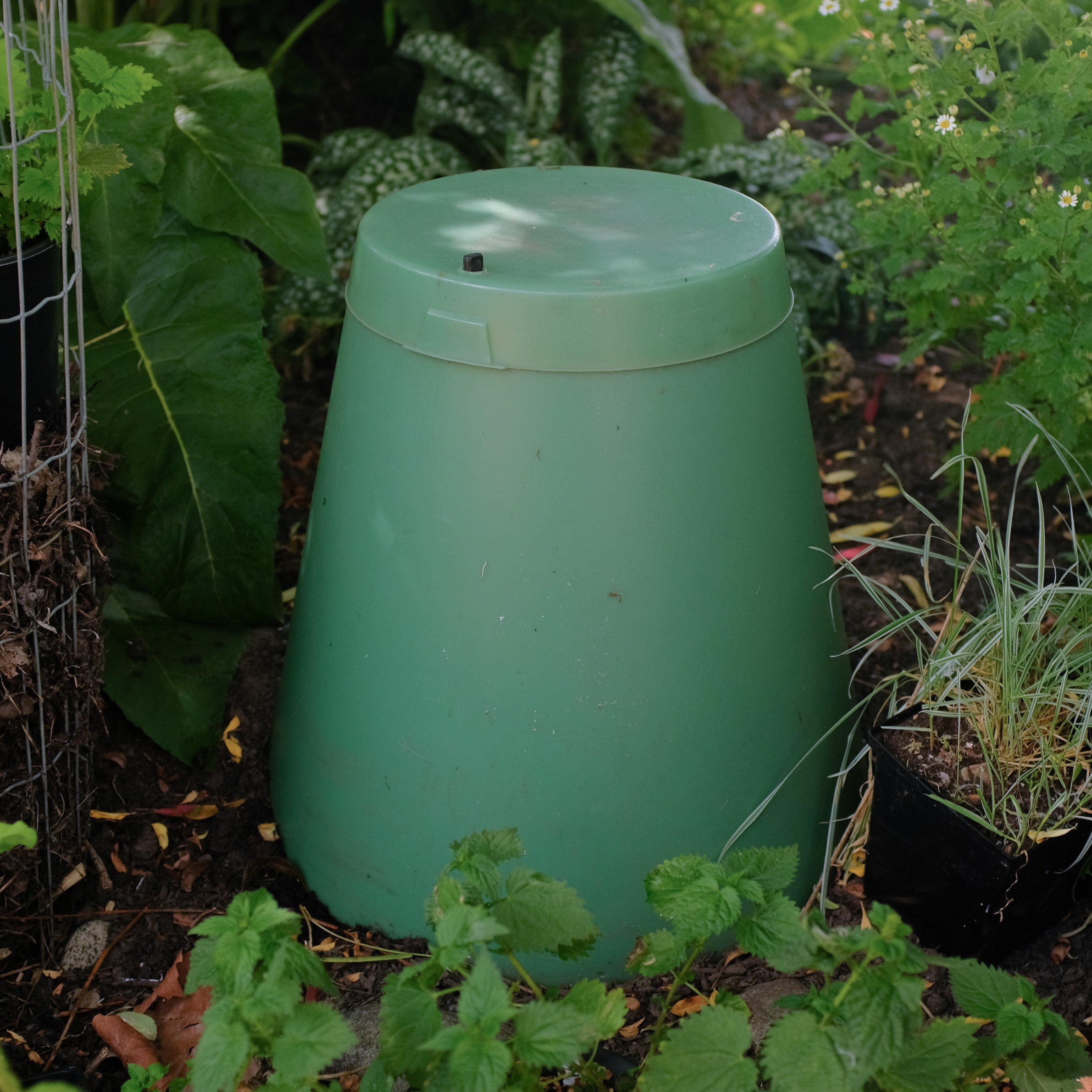
#3 Backyard Food Waste Digester
Food waste digesters are the easiest way to compost any type of kitchen scraps, including hard to manage kitchen waste like meat, breads, dairy and processed foods. Since these food scraps often attract rodents, the enclosed, half-buried digester acts as a deterrent, keeping rodents out of your compost and away from your home.
-
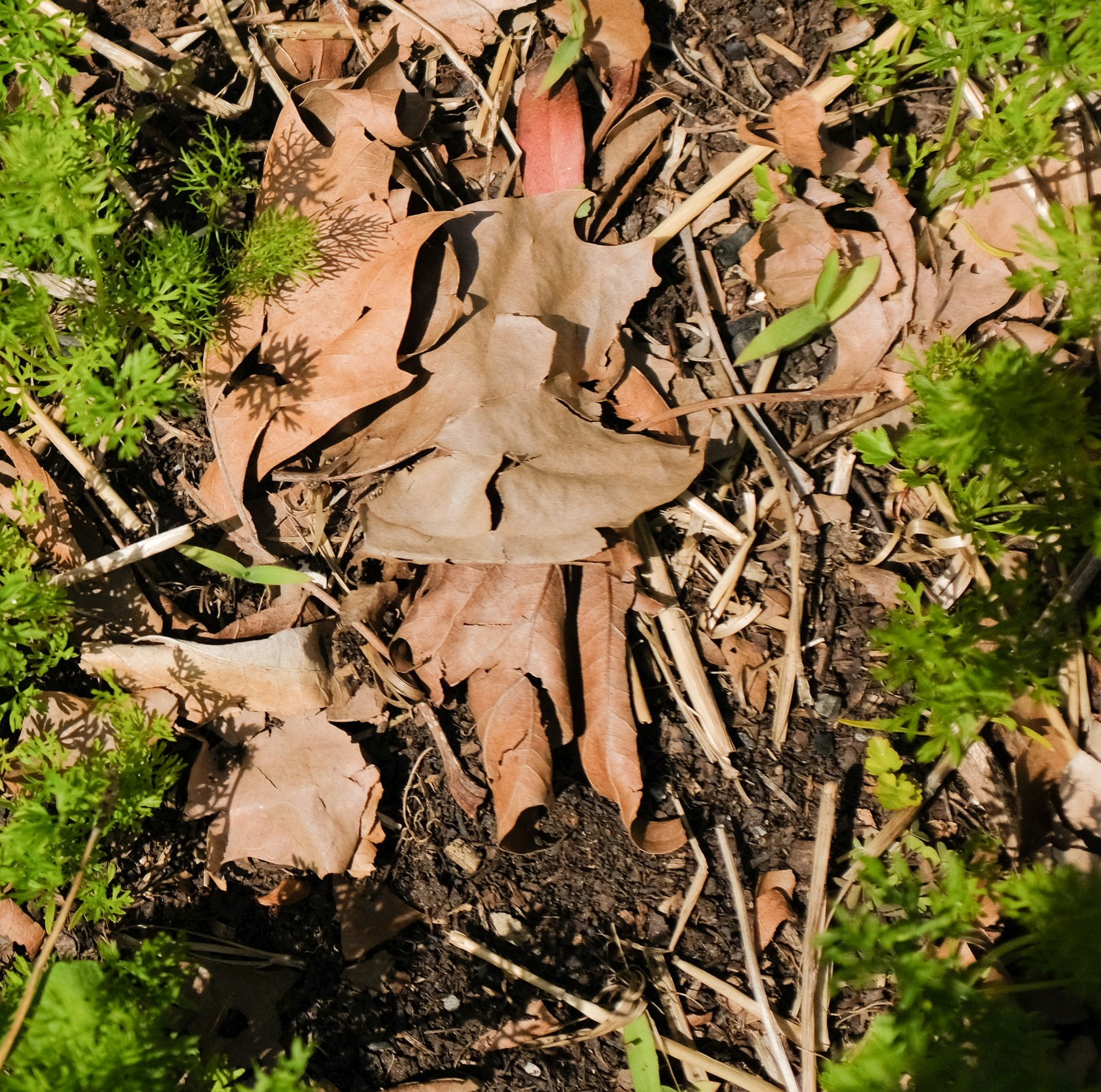
#6 Urban Leaves
Leaves are a gardener’s greatest resource as they be used to greatly improve one’s soil.
-
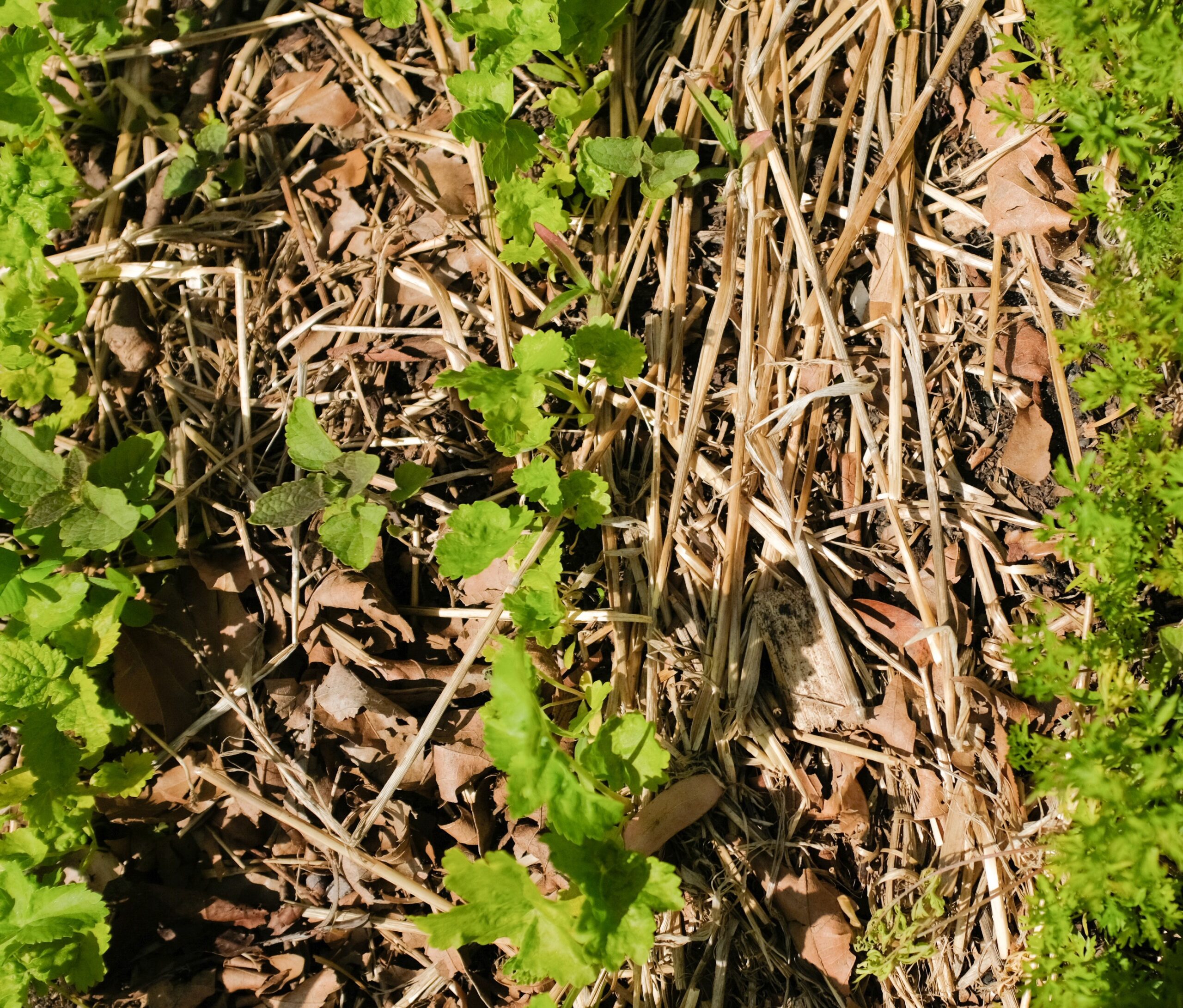
#7 Mulching
Mulch promotes weed and temperature control, replenishes nutrients to plants and microorganisms, and protects soil from rain, erosion and water evaporation.
-
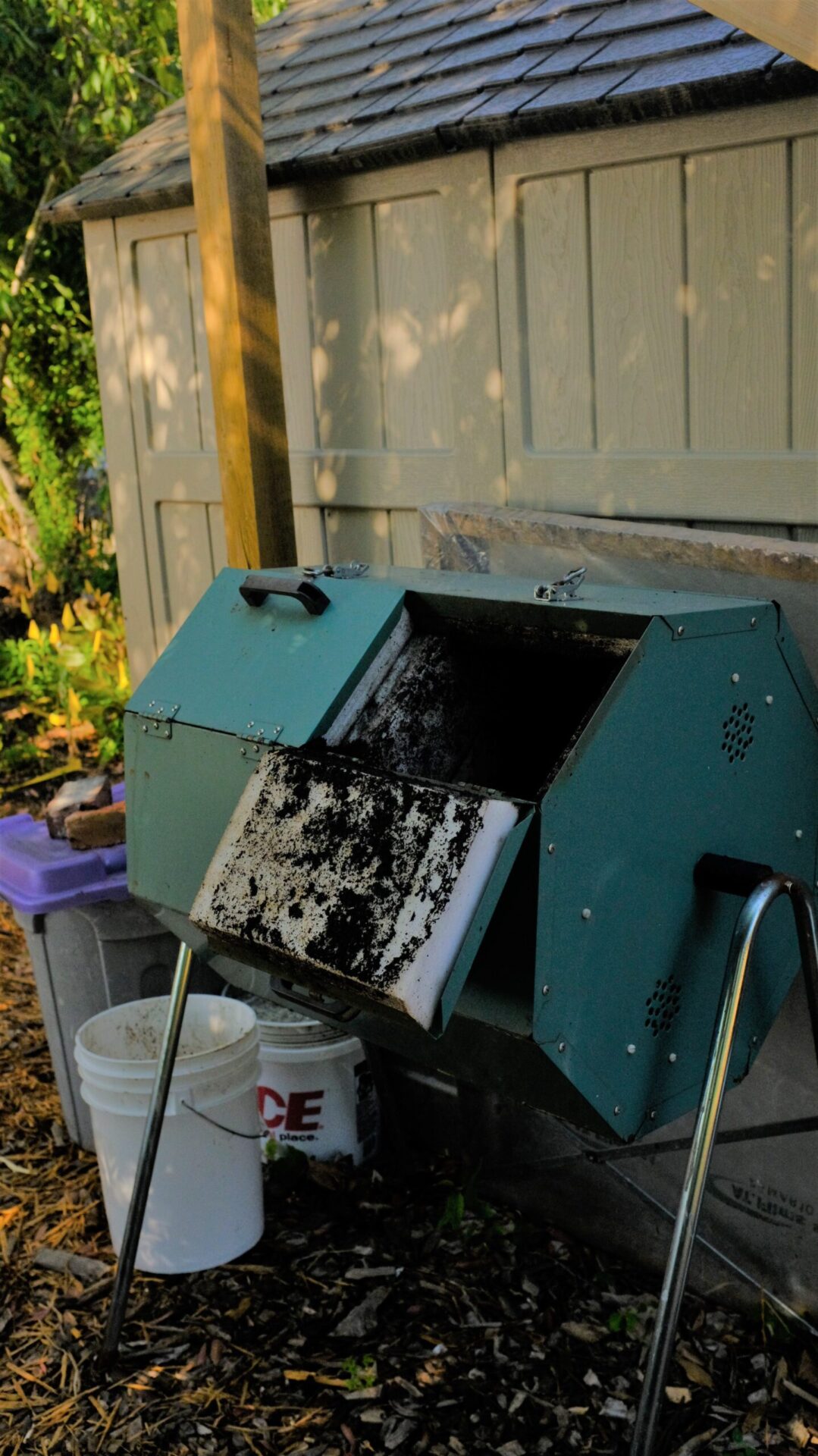
#9 Tumbler Composter
Tumbler composters can be a tidier way to create compost for people concerned about rodent resistance, or for those who have difficulty aerating their compost bins.
-
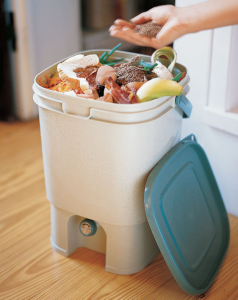
#10 Bokashi
Learn how to use a Bokashi system, a great alternative to the Backyard Food Waste Digester.
-
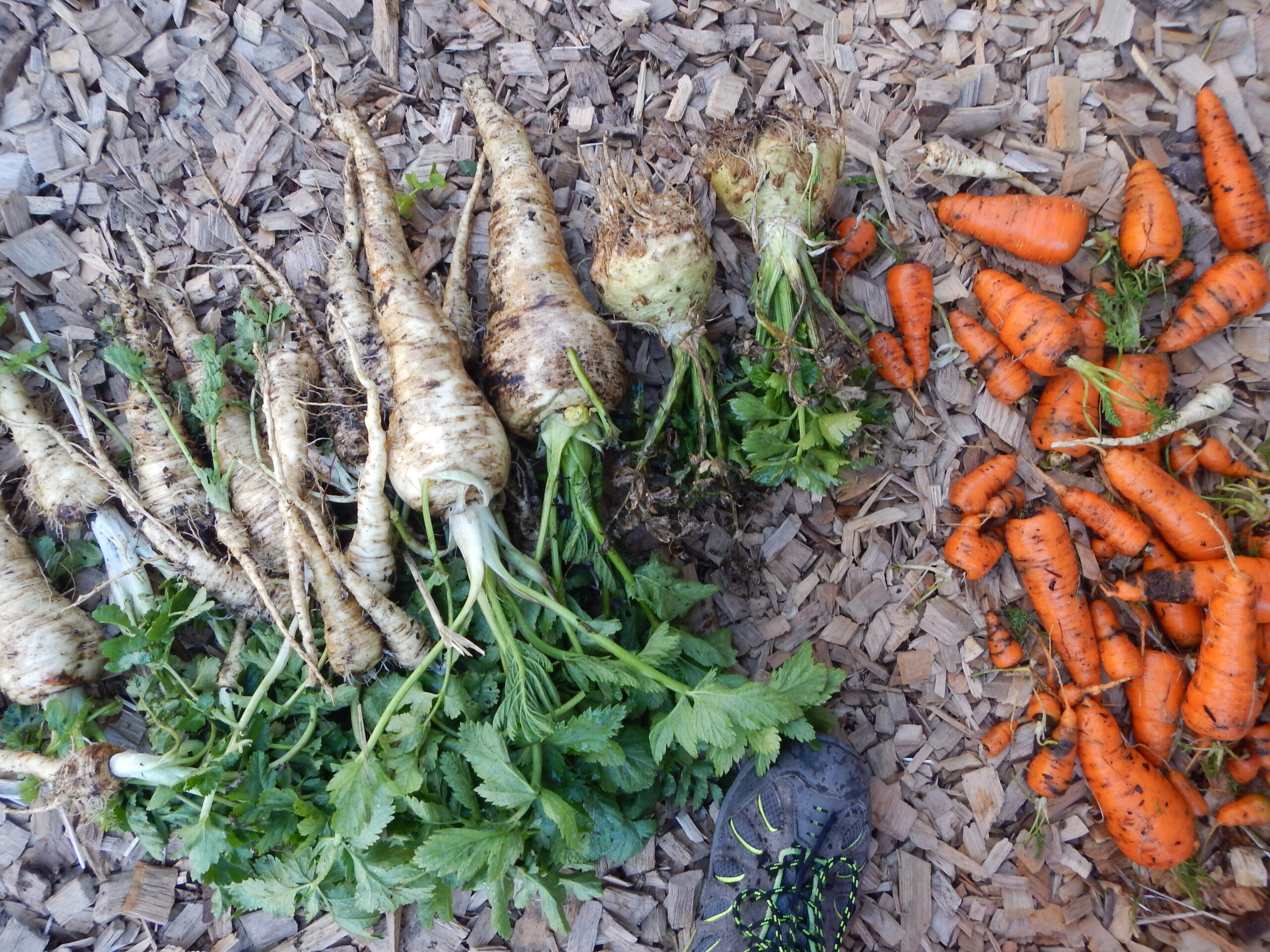
#11 Understanding & Addressing Soil Contamination
Soil contaminants from historical industrial activity may get into or onto our veggies and fruits and have negative health effects over the long term.
-
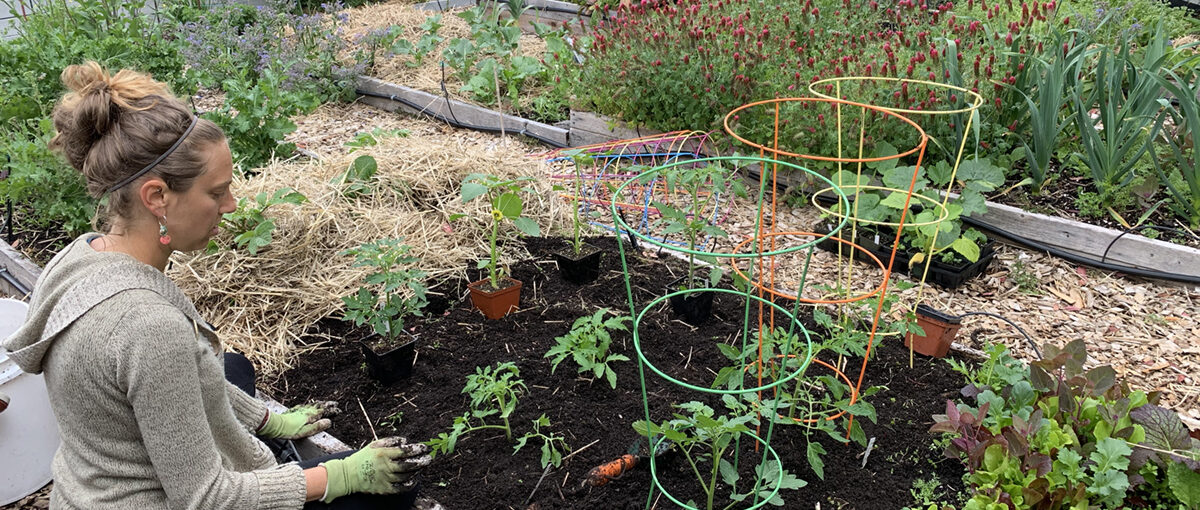
#12 Best Practices for Healthy Urban Gardens
Learn how to avoid contamination of your fruits and veggies.
-
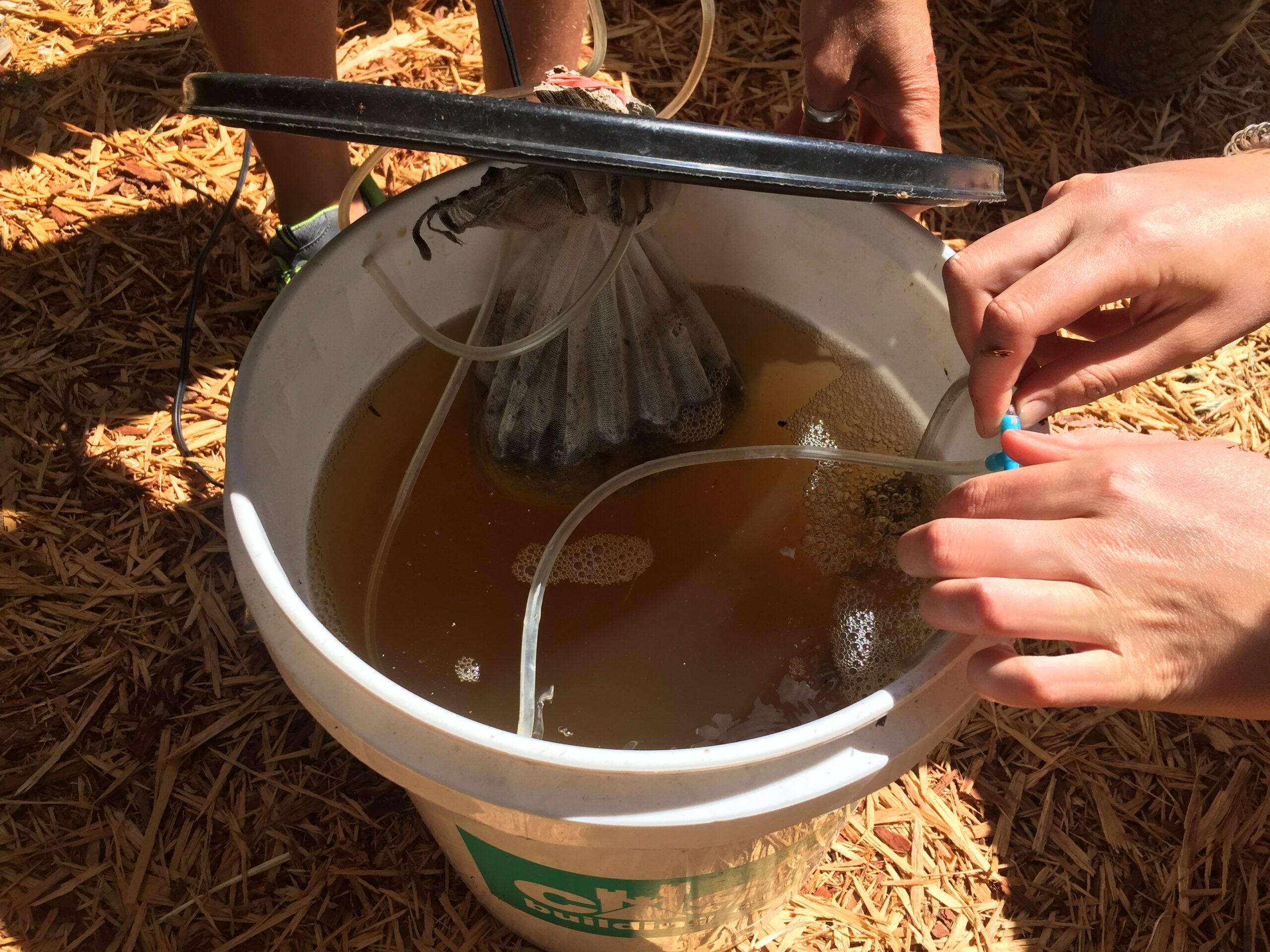
#13 Compost Tea
Compost tea boosts the immune system of your garden via the principles of competition, so that high beneficial microbial populations take up available habitat in the garden and leave no room for pathogens.
-
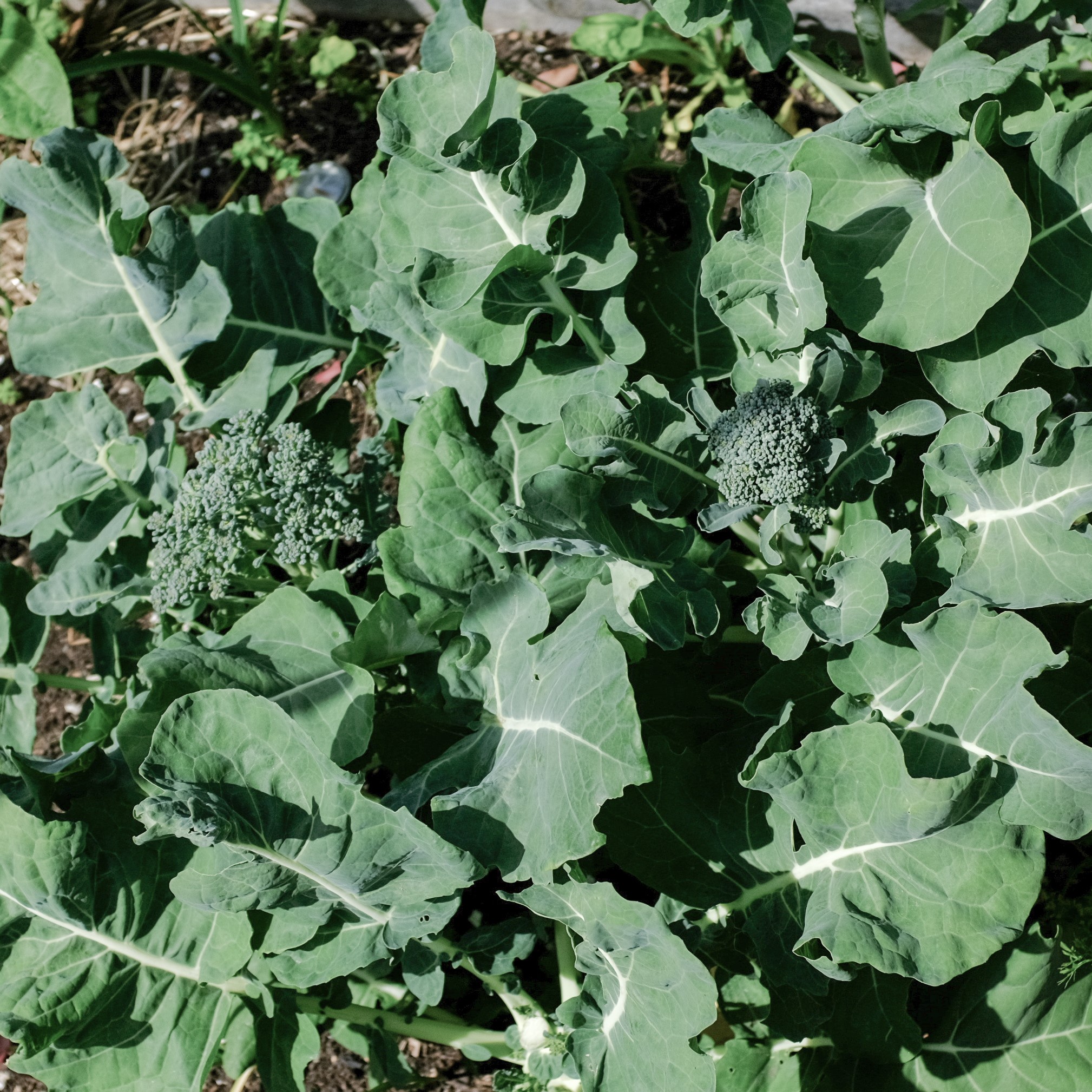
#14 Winter Gardening
Learn how to grow veggies all year-round by seeding in June, harvesting in December and managing your soil so it stays nutrient-rich!
